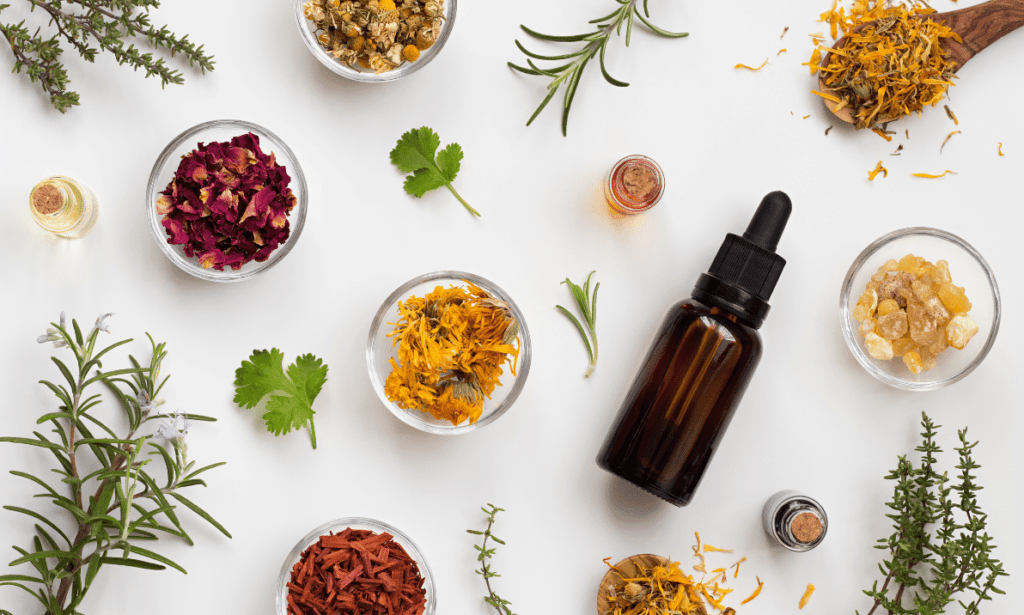Anxiety, stress, work and overthinking; all of these break us down at some point. Sometimes we don’t need music nor sleep, sometimes all we need is the right scent in the air to get us where we need to be. Aromatherapy is one of those self-care indulgences that one can rely on when feeling down or stressed, including Arabian essential oils and other natural Arabian remedies that improve one’s psychological or physical well-being.
Scents are a combination of fragrant aromatic molecules that exert an influence chemically on the body, or in other words, it is an interplay of a complex chemical tapestry with each part playing an important co-active action.
Let’s take you on a historical trip to see where aromatherapy may have started. There are some biblical records of herbal use in the Middle East 2,000 years ago, particularly the fragrant herbs myrrh and frankincense. Accounts are written of the ancient Hebrews using aromatherapy as a way of blessing their temples, altars, and priests. In fact, the book of Exodus in the Old Testament of the Bible gives the recipe for the holy anointing oil given to Moses for the initiation of priests: a blend of myrrh, cinnamon and calamus, mixed with olive oil.
Another story goes back to when the tomb of Tutankhamen was opened in 1922, many of the aromatic preparations were still fragrant! One perfume known as Kyphi was a mixture of some 16 ingredients, including honey, raisins, myrrh, cinnamon, turpentine, juniper, and cardamom. Now scroll down to learn more about Arabian healing oils.
Chamomile
It has been used as a remedy for various disorders over the years such as anxiety, depression, sleep aid, and pain relief. Researchers found that after eight weeks, 58.1 percent of participants reported a reduction of their anxiety symptoms. Low morning levels of a hormone called cortisol have been linked with anxiety disorders. A small study from 2018 found that chamomile therapy helped reduce anxiety symptoms and increased morning cortisol levels.
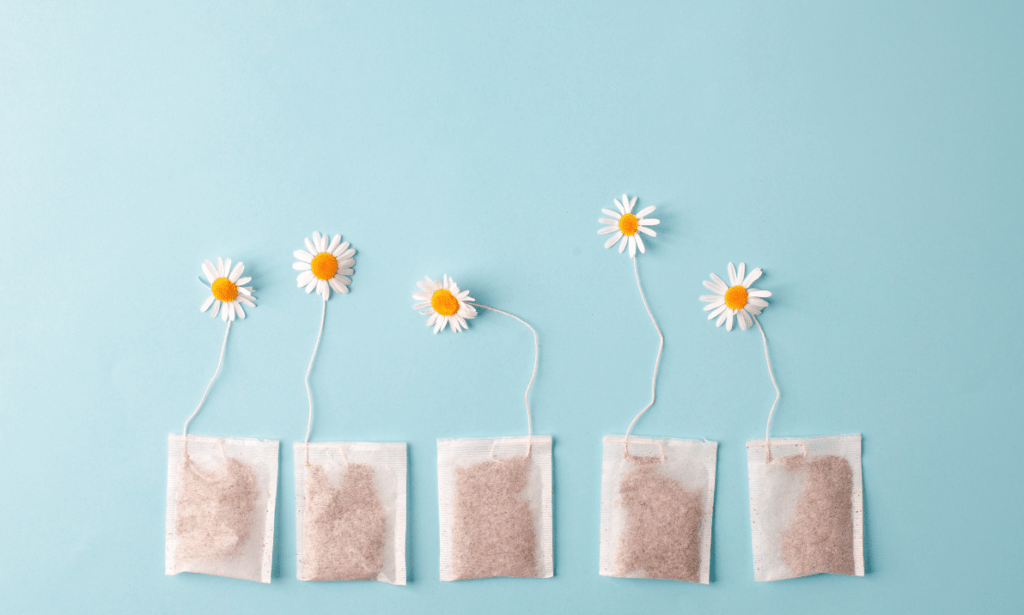
Cardamom
Cardamom is known as an expensive cooking spice and for being beneficial to the digestive system. Its distinct scent can promote a positive atmosphere as it also promotes clear breathing and respiratory health.
Cinnamon
Cinnamon oil is a popular choice for at-home aromatherapy treatment as it enhances the mood and many people enjoy the scent of cinnamon and find it relaxing.
Clove
Clove oil contains powerful antioxidant properties and supports cardiovascular health when taken internally.
Frankincense
Frankincense was highly esteemed by ancient civilizations and used for the most sacred of practices. The perfume or aroma that it emits promotes feelings of satisfaction, peace, relaxation, and overall wellness, which explains its unique value in ancient times. In addition to its pleasant, warm, and earthy scent, myrrh oil may also have several health benefits such as combating pain and swelling. Quick note: blend both frankincense and myrrh together to get greater benefits (this can be done by combining oils, or through a mixed incense).
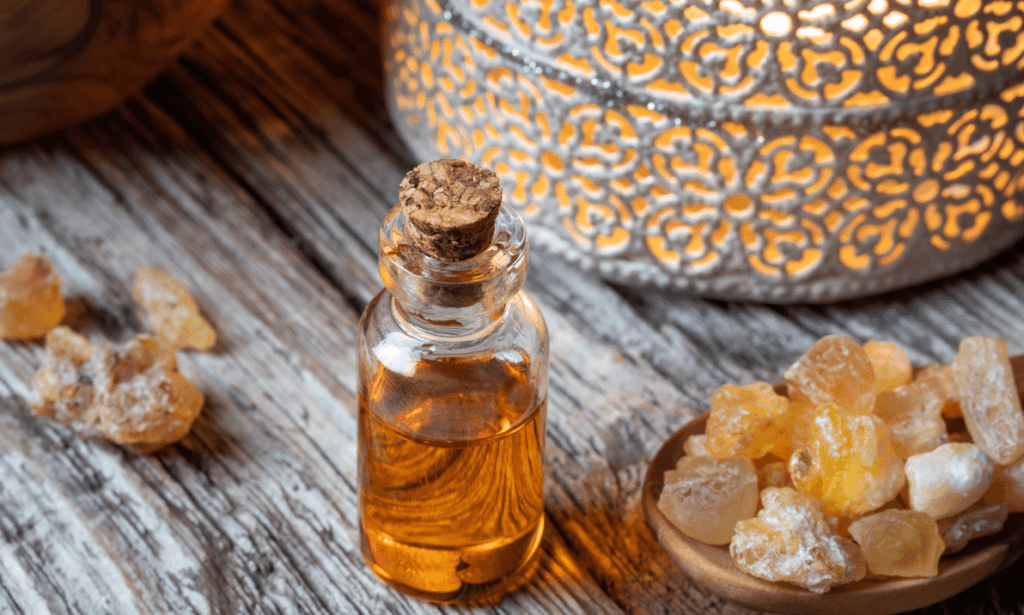
Sage
Used in aromatherapy applications, sage essential oil is known to stimulate and clarify the mind while exhibiting a balancing, uplifting, soothing, and strengthening effect on the senses to ease negative moods. It is known to promote a sense of attentiveness, enhance memory, and soothe discomforts of the digestive, respiratory, and female reproductive systems.
Lavender
Lavender oil is an essential oil derived from the lavender plant. It can be taken orally, applied to the skin, and breathed in through aromatherapy. The oil promotes relaxation and is believed to treat anxiety, fungal infections, allergies, depression, insomnia, nausea, and menstrual cramps.
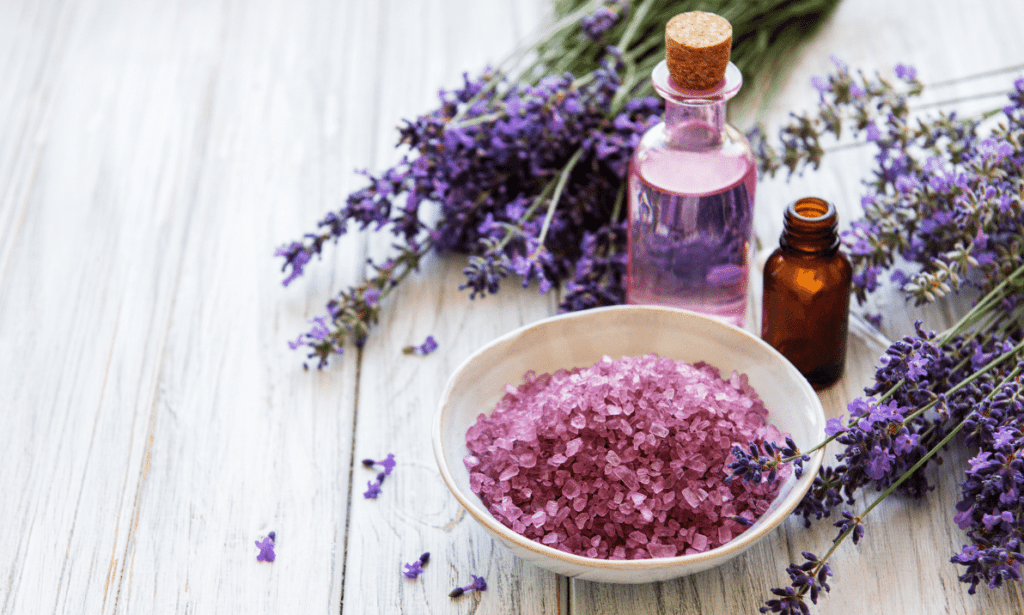
Peppermint
Apart from the fact that it can be used in flavoring foods and drinks, peppermint oil is used for a variety of health conditions and can be taken orally as a dietary supplement or topically as a skin cream or ointment.
Thyme
Thyme oil has anti-fungal, anti-inflammatory, and antibacterial properties. It’s commonly used as a preservative in foods, cosmetics, and toiletries, and can also be found as an ingredient in mouthwash.
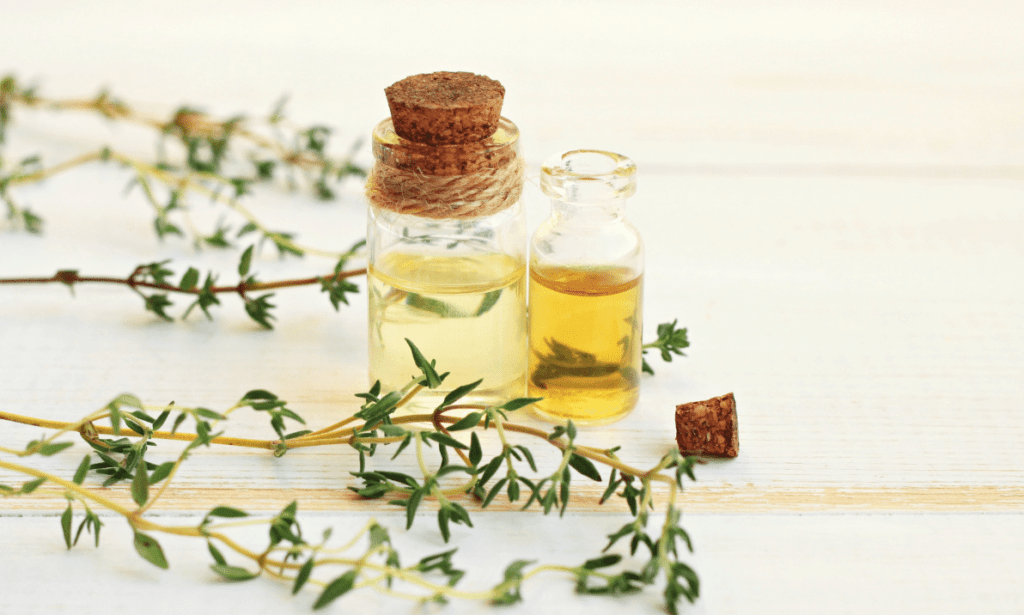
Myrrh
In addition to its pleasant, warm, and earthy scent, myrrh oil may also have several health benefits such as combating pain and swelling. Quick note: blend both frankincense and myrrh together to get greater benefits.
We’ll leave you here with a last note: It is important to stress how important it is to use pure, natural and authentic oils.


